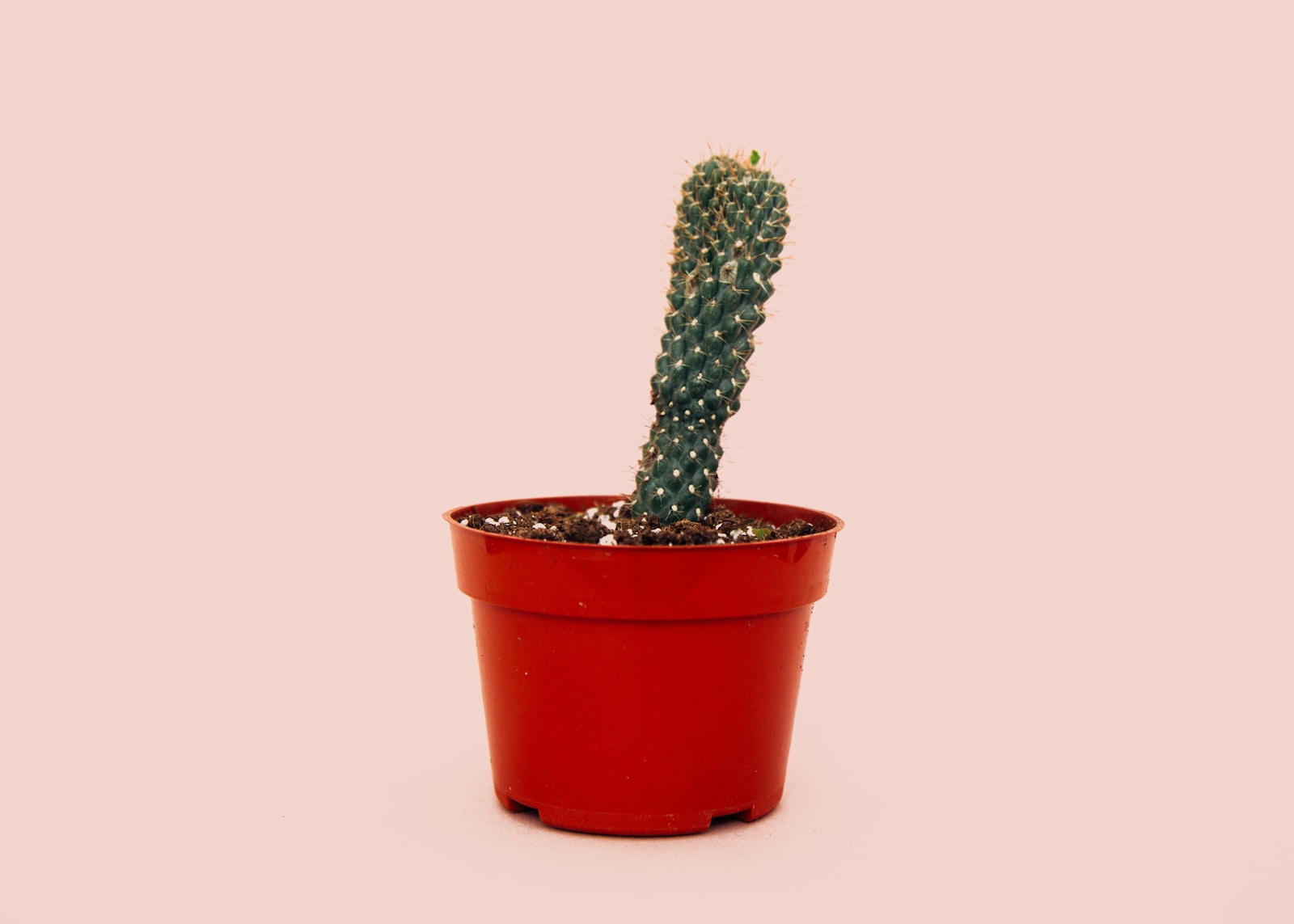Like the rest of your body, the skin on your penis can get dry. The good news is that it’s usually harmless and easily preventable.
A few small tweaks to your hygiene habits can go a long way. For example, using gentle soaps in the shower, avoiding fabrics that irritate and using lubricant during sex or masturbation can all help.
Causes
Yeast infections: While many people think a yeast infection on the penis is only something that affects women, men can also suffer from this condition. This fungus can cause jock itch and balanitis (inflammation of the head of the penis) and symptoms can include itching, a white, itchy discharge, a foul smell and swelling of the skin around the anal area and the glans. Antifungal creams like Miconazole can be helpful.
Itchy, scaly skin: Eczema can occur anywhere on the body and it can show up on your penis as dry, flaky skin. Itching may also be present, especially if the condition is worsened by irritants such as tight underwear and the use of soaps, shampoos and detergents that contain strong chemicals or fragrances. Some people are more genetically prone to develop this condition and if there is a family history of hay fever, asthma or allergies, you’re at higher risk too.
Psoriasis can also affect the genital region and you might notice red, flaky patches of skin. It’s important to see a doctor for assessment and treatment, which can include ointments or changing your hygienic routine. Yeast infections, balanitis and psoriasis can all lead to painful, itchy or scaly skin on the penis and it’s important to visit a doctor as soon as possible. If you have other symptoms such as painful erections, pain during sexual intercourse, itching in the anal area or a rash that isn’t clearing up after at least a week of home treatments, you should seek medical attention immediately.
Symptoms
There are many reasons for dry penis skin, but it is important to pay attention and see a doctor if you notice anything unusual. Some conditions, like atopic dermatitis and psoriasis, may cause itchy or flaky areas of the genital area. Other causes include friction from wearing tight-fitting clothing, long showers or baths, and irritants from certain sexual practices.
Some people are more prone to dry skin in the groin than others. These include people with atopic dermatitis, psoriasis, or eczema. Men with chronic health conditions, such as diabetes, may also be at an increased risk of developing this condition.
The most common symptoms of this condition are a rash, itching, and flakiness in the groin area. Other symptoms, like discharge from the penis, a foul smell, or painful bumps may indicate an infection, such as jock itch, balanitis, or thrush. These conditions may require medical treatment and can have serious consequences if left untreated. Men should see a doctor if they have any of these symptoms or if they notice other signs of an STI, such as pain during sex or masturbation, or unprotected sexual contact.
Treatment
There are several treatment options for dry skin on the penis, including over-the-counter topical ointments and changing your personal hygiene routine. For example, you can start by using a natural moisturizer such as coconut oil and switching to fragrance-free soaps or detergents. You can also use a lubricant during sex and masturbation. This will help to keep the area moist and prevent irritation.
If the rash and peeling is severe, it’s important to visit a doctor. This will help to determine what is causing it and create a plan for treating it. In some cases, a doctor will prescribe ointments or antifungal medications to treat the condition causing the rash and peeling.
Some people may have a herpes infection that causes their penis to become ashy. If this is the case, it’s important to see a doctor right away because herpes can cause serious health problems if left untreated. A herpes infection can cause a lot of pain and itching in the genital area, and it may even affect other areas of the body. There are many treatments for herpes, but it’s essential to get tested and treated as soon as possible.
Prevention
Like any other part of the body, your penis can experience dry skin at times. While it may be uncomfortable, a few small tweaks to your hygiene routine can help to keep the area healthy and happy.
Harsh soaps can strip the skin of its natural oils and can cause it to become irritated and dry. This may be a problem if you have recently switched to a different shower soap or have been showering more frequently than usual. If the dryness is accompanied by itching and redness, you may have an allergic reaction to a detergent or other cleaning product that has come into contact with your skin.
Wearing tight clothing that rubs against the genital area can also aggravate itching and flaking. If this is a problem, try wearing loose-fitting underwear that allows the skin to breathe. If your rash is accompanied by a stinging sensation, you may have a yeast infection, which should be treated with antifungal medications.
If your rash is painful, red, or blistering, you should see a doctor right away, as this could be a sign of an STD or other serious medical condition. Most non-infectious rash conditions that affect the penis are treatable at home with ointments and other topical medications. Your doctor can advise you on the best course of treatment for your specific condition.

